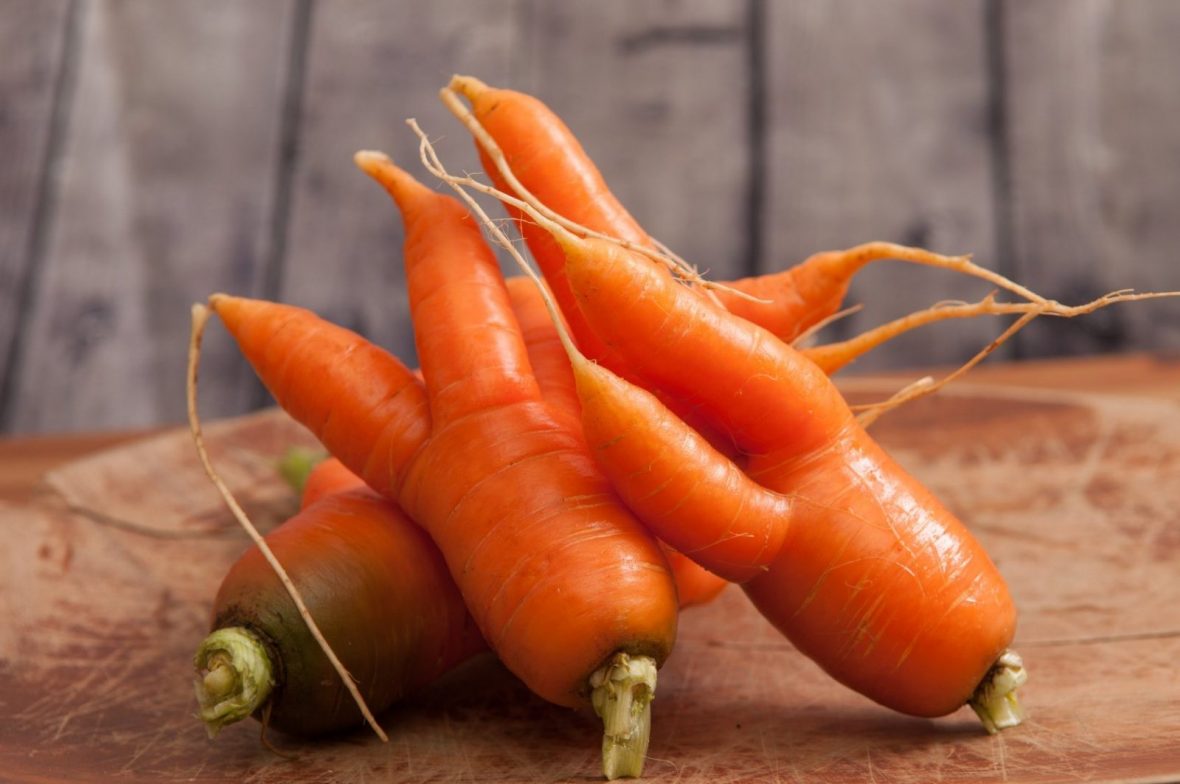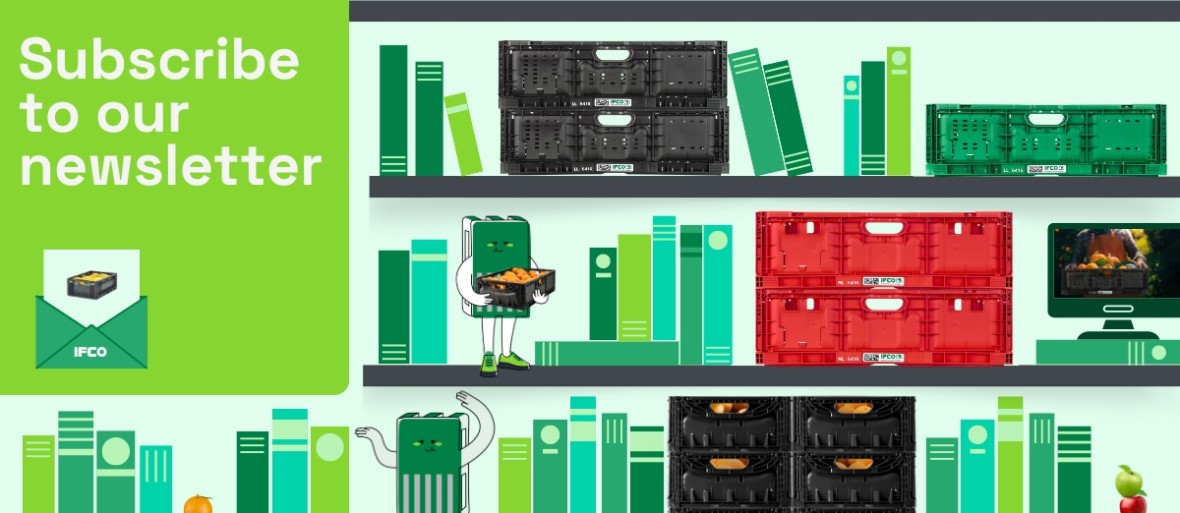Six billion pounds of fruit and vegetables go unharvested or unsold in the U.S. each year, largely due to cosmetic appearance. The rejects may have the same flavor profile as the very best of the harvest, but if they have the wrong size or shape, or if hail or the sun has injured their skin, then their prospects for consumption are bleak. That squandered production could go a long way towards addressing the food insecurity problem faced by over 12% of American households if they could be donated to charities or sold at a more affordable price than regular items. The environmental impact is also significant. All of the fertilizer, fuel, water and other resources that go into growing and distributing product that is not consumed is squandered.

So how do we prevent wasting so-called "ugly produce" if customers just don’t like the look of misfit vegetables? A new Harris Poll determined that over eight in ten Americans (81%) believe that fruit and vegetable appearance is at least somewhat important in their shopping decision process, while 43% say that it is paramount. There are a number of approaches already being taken to address the "ugly produce" challenge to reduce food waste:
Italy is hopeful that recently introduced legislation will reduce food waste by 20% through offering these types of incentives. In North America, several U.S. states and Canadian provinces also offer various degrees of tax breaks to incentivize donations. Packaging and transporting produce for donation represents a significant cost to operators, and incentives can help cover this expense.
Some are using marketing to create a positive image for "ugly produce." For example, in some of its market areas, Walmart started selling weather damaged potatoes in April which it branded as "Spuglies," and in July launched a brand of cosmetically imperfect Washington apples labeled "I’m Perfect." Several retailers have run test programs with ugly produce, and some organizations, including Change.org, have been active in promoting consumer education as well as encouraging retailers to sell deformed produce.
Food loss is a critical problem. Consumer education and positive promotion can help raise the profile of ugly produce with consumers. Getting back to the Harris Poll, although appearance is important for most, there would seem to be an opportunity with the right education. Around three in five adults say they would be somewhat comfortable consuming produce that may be misshapen but otherwise would taste the same, although three-quarters of that group would expect to pay less. About 22% said they purchased ugly produce to reduce food waste.
Aside from cute brand names, accessories such as appealing packaging can be a difference maker. How about using attractive RPCs to put a little extra sizzle into the presentation of your imperfects? Studies show that consumers perceive produce displayed in RPCs to be of a fresher, higher quality. It is a move that can help create the right experience while ensuring product protection and sustainability performance at the same time.
Because the supply of ugly produce can occur unexpectedly during the growing season due to sudden turns in weather, successful distribution and retailing will depend on the establishment of an infrastructure that can promptly respond when supply emerges. Working together to reduce food waste in this way will strengthen our supply chain, and it is our view that a better supply chain serves us all.
Iscriviti ora alla nostra newsletter!
Ricevi approfondimenti dedicati alla catena di approvvigionamento dei prodotti alimentari freschi direttamente nella tua casella di posta. Siamo entusiasti di aiutarti a navigare tra le principali opportunità di questo importante settore.
